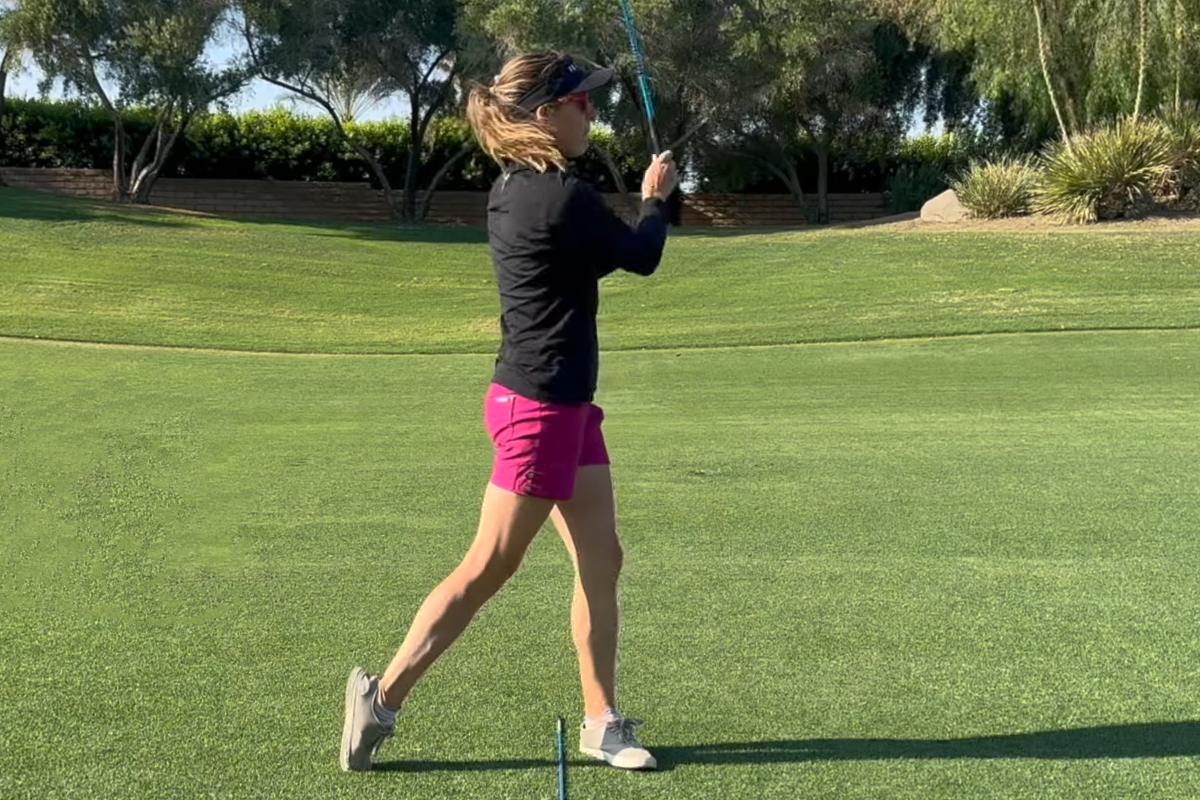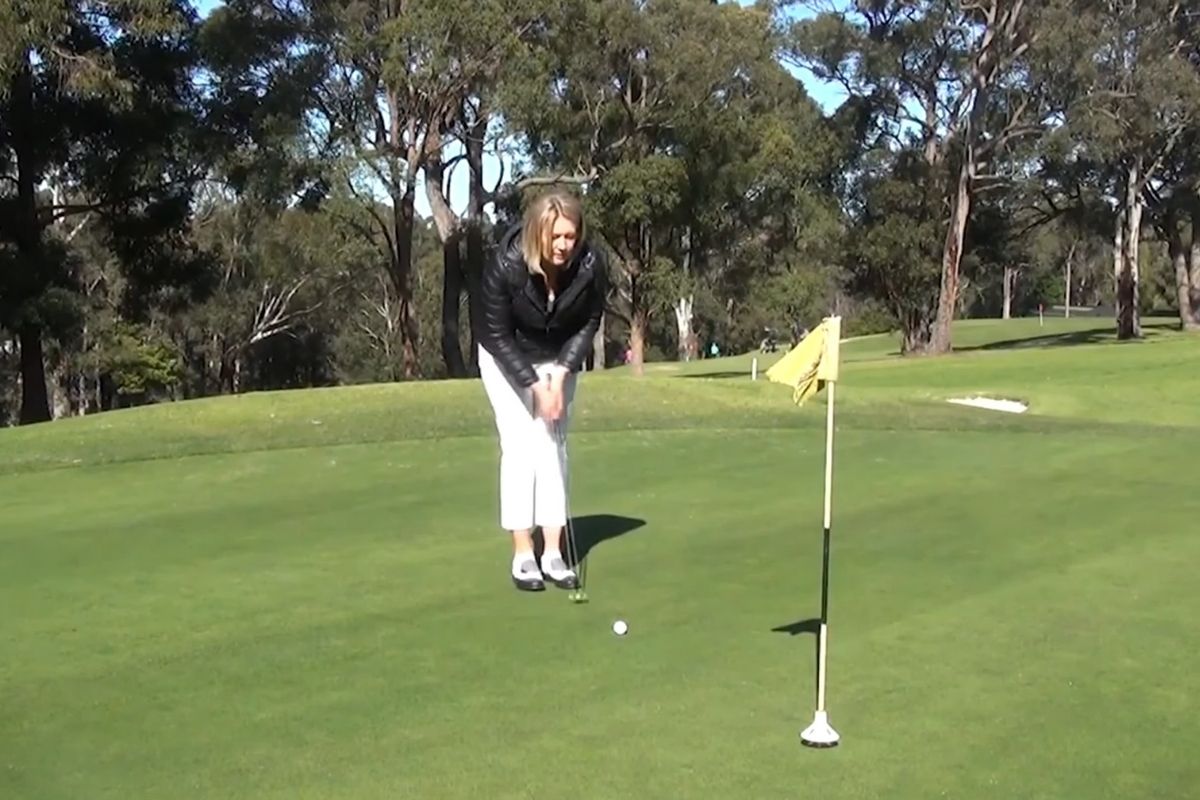The amount of chatter we have going on in our brains during a round of golf can truly limit us in attaining a peak performance state. Even when I’m giving golf lessons, the student will reveal how many thoughts and conversations they have running through their mind.
With some many distractions that invade our lives (social media, busy to-do lists, keeping track of family and life) we are inundated with thoughts, many being golf irrelevant.
Often when standing over the golf ball, golfers are faced with an influx of thoughts and phrases on how to swing the club. These thoughts can then morph into judgments about our abilities and skills. Finally, if said enough times in a believable way, those thoughts can transition into firmly held beliefs and schemas.
Schemas in Golf
Schemas are the beliefs we hold about ourselves and our golf games such as: “I’m a horrible putter”, “I’m a great golfer”, “I’m not good enough”. We use different parts of our brain when we switch between conscious thoughts and executing athletic motions. When your brain is quiet and at peace, we generally hit our best shots.
When there’s a “committee” of voices going on in our mind, our athletic motions become jerky, erratic, and results in poor shots. Ever experienced the phenomenon of hitting a ball out of bounds, then when filled with emotions and anger you just hit your drive as hard as you can and rip it straight down the fairway? What an anomaly to be so irritated and mad that you just swing away without thought which results in a wonderful outcome! Be aware of the chatter you have running through your mind before your shot, during your shot, and after the shot.
Gaining control over the chatter can allow your performance to accelerate, make you feel more confident over shots, and shift you into performing the golf of your dreams. Notice when the chatter turns into negative self-statement which may lead to self-doubt.
Are the phrases saying: “You can’t do this! Here we go again!” “I knew you weren’t good enough!” These statements are the perfect recipe for a deteriorating mental game which results in a deteriorating physical game.

Here is a Great Plan to Help You Quiet Your Mind
- Before your shot is a great time to use neutral statements and facts in regards to target, distance, and club selection. This can be installed by creating a pre-shot routine. In the routine create statements that are objective (fact-based) rather than subjective (emotion-based) such as “my 9 iron flies 100 yards – this is the club for this shot!” and “the right side of the green is the best side to aim for”.
- Take a deep breath before setting up to the ball. During this deep breath imagine all the chatter in your mind exhaling your body! The power of imagery and visualization is great – those words and phrases leave you both.
- When you are over the shot trust and let your body perform the athletic movement. Feel what it is like to just swing the club around your body with judgment or analysis. You will have little to none “how-to” thoughts over the ball. You want to feel at peace with an “empty mind” ready to perform and respond.
- After the shot, you can become analytical and assess how to make the next shot better or take in data for future learning. If you really like your shot—reinforce how awesome you did! If you wanted your shot to turn out better, note what you plan to do better to use for the next shot.
If you monitor your brain chatter and take control over it you will be able to have more mindful swings that allow your best swing to show up more often. This does take practice to perfect, so use the tactics in other parts of your life when you notice the chatter getting louder, and it will certainly make you better when you are ready to bring it to the golf course.
Feature Image: Lydia Ko contemplates an important putt at the LPGA Founder’s Cup | Photo: Ben Harpring







